Star Wars in the 21st Century: From Satellite Hijacking to Nuclear Installations on the Moon
TEHRAN (Defapress) - Modern wars are no longer limited to conflicts on land, sea, and air but have expanded into new domains such as the solar system and cyberspace. To better understand this, one should recall a significant event, such as Russia's Victory Day parade this year. On that day, Russian hackers effectively hijacked a Ukrainian television satellite and broadcast live footage of the Russian military parade to the public in the enemy country. These moves by Russia, which instilled immense fear in the hearts of Ukrainians, serve as a reminder of the transformation of warfare in the 21st century.
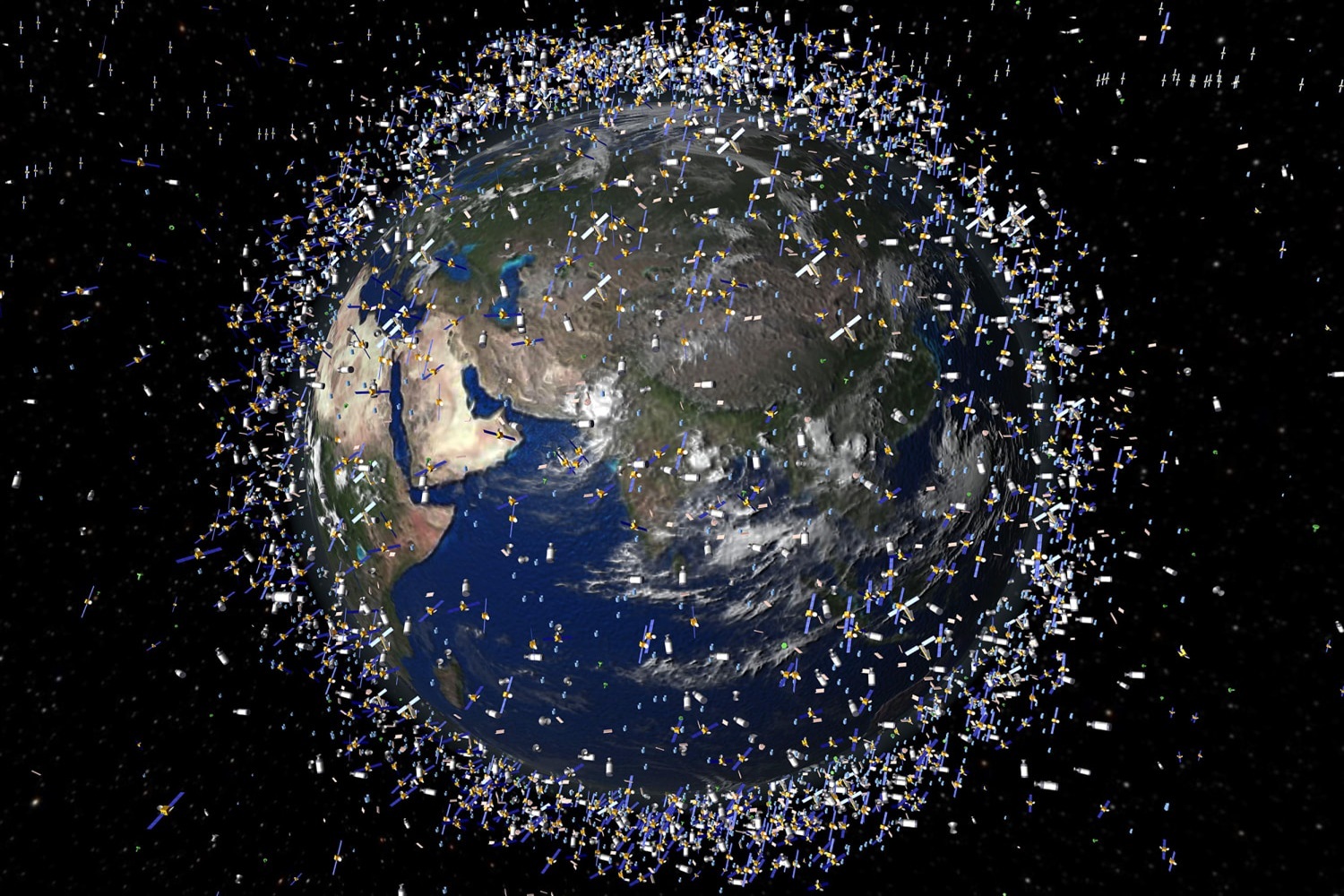
Repurposing a satellite without firing a single bullet can deal a deadly blow to any enemy. This is achieved by infiltrating security software or disrupting signal transmission and reception.
Currently, there are over 12,000 active satellites in Earth's orbit, each playing a key role in communications, military operations planning, navigation and GPS systems, espionage, and supply chain protection. Satellites also play a crucial role in detecting early missile launches and warning of imminent attacks. This unique position makes them the Achilles' heel of national security and an attractive target for any enemy.
Most hackers are constantly searching for security vulnerabilities in the software or hardware supporting satellites to control their connection with ground stations. Even with secure coding structures, hackers can hijack, infiltrate, and exploit them. The cyberattack on the American satellite Viasat company, used by the Ukrainian government and military, is a successful example. This attack, coinciding with the Russian military invasion of Ukraine, disrupted tens of thousands of infected modems and services across large parts of Europe.
However, on the horizon of new threats, deeper concerns are emerging. According to U.S. national security officials, Russia is developing space-based nuclear weapons. This weapon is designed to target all active satellites in low Earth orbit. Beyond its destructive physical effects, it can send a devastating wave toward other satellites, annihilating them.
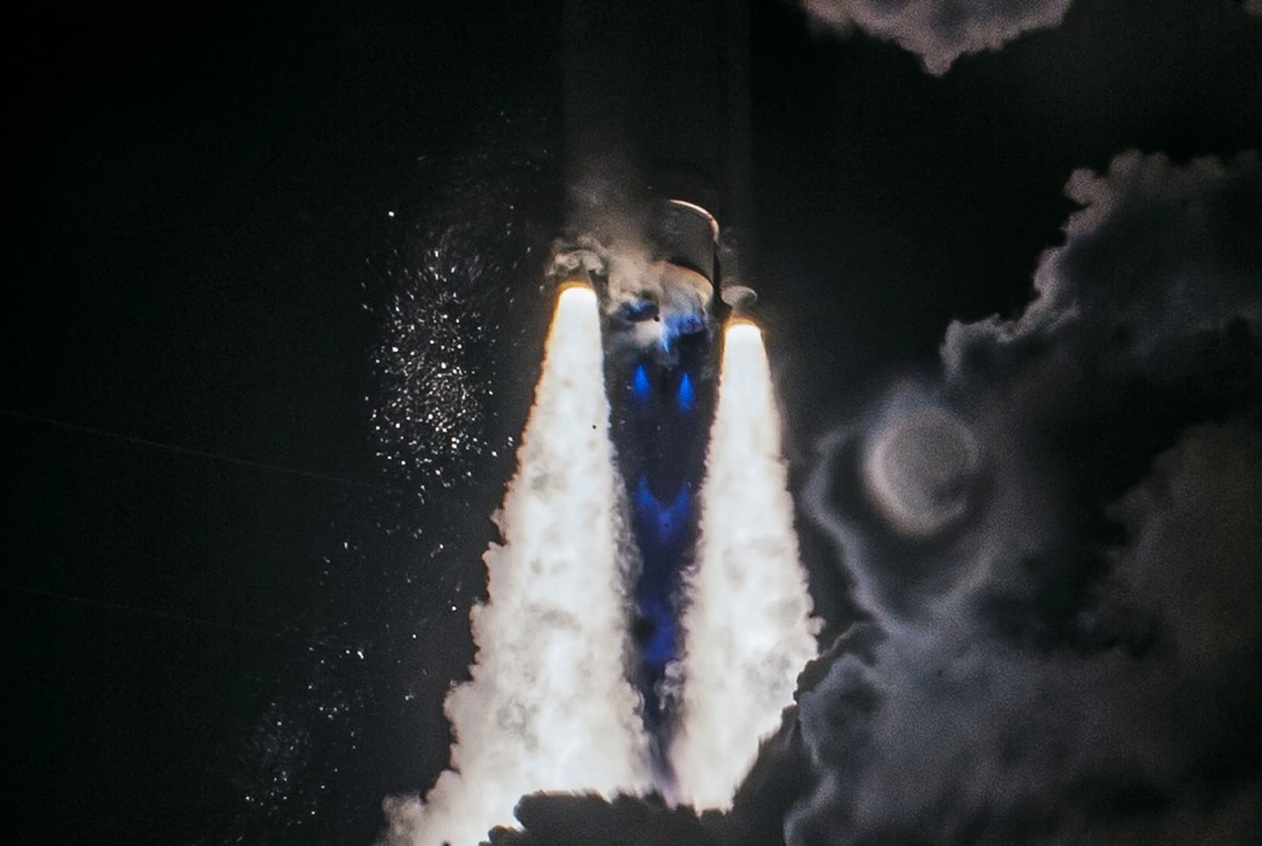
U.S. officials declassified information about Russia's new weapon after Mike Turner, a Republican representative from Ohio, exposed it. He demanded that the relevant information be made available to U.S. senators, as the weapon violates the "Outer Space Treaty (OST)."
Mike Turner stated: "Russia's new weapon could render low Earth orbit unusable for all satellites for a year. Using such a weapon would have severe consequences, leaving the U.S. and its allies vulnerable to nuclear attacks. If this nuclear weapon is deployed in space, the solar system will come to an end. This missile must never be allowed to reach space."
The Race for Lunar Mining
Amid these conflicts and threats, competition over mining the Moon and asteroids has intensified space tensions. Sean Duffy, NASA's interim chief, recently unveiled plans to send a small nuclear reactor to the Moon and emphasized that the U.S. must do so before Russia and China.
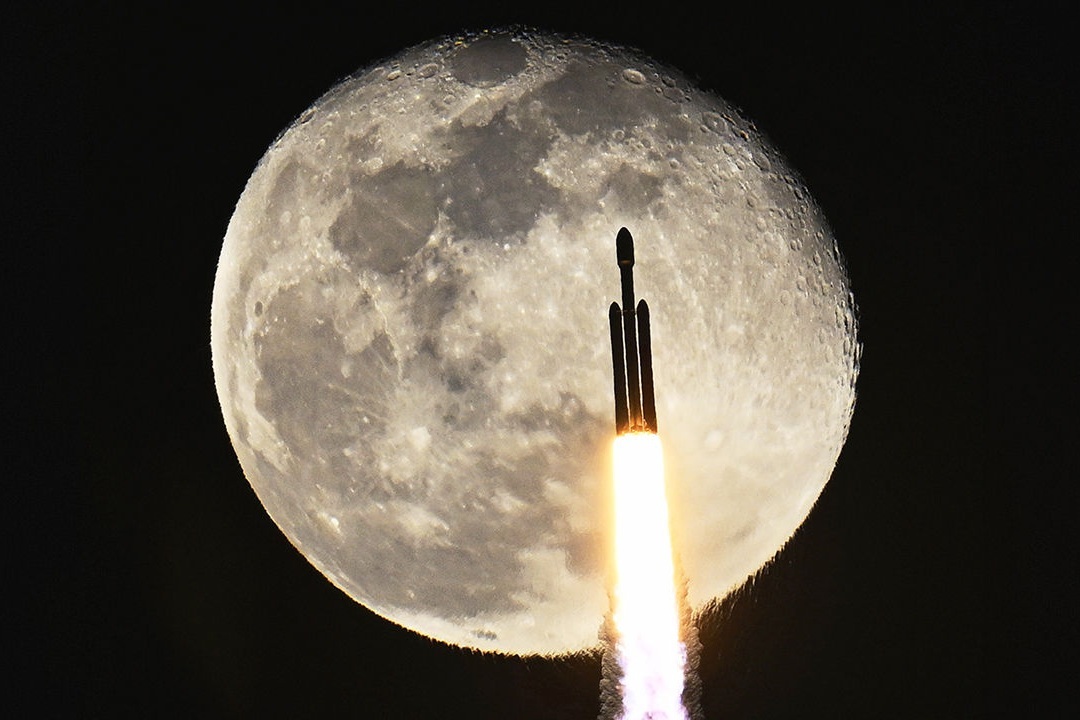
He said: "We are competing with Russia and China to establish a base on the Moon, and for that, we need energy. We want to reach key lunar sites before Russia and China and claim ownership for America."
The Moon is rich in a substance called "Helium-3," which plays a pivotal role in nuclear fusion, producing vast amounts of energy. Control of the Moon in the coming years will determine who becomes the superpower.
Joseph Rooke, a cybersecurity expert working in the UK defense industry, says: "After the Cold War, space investments temporarily halted. Now, as we approach the moment of lunar mining exploitation, space competition will intensify. Such issues are no longer classified as science fiction and will soon become reality. The winner of the Moon race will be the dominant superpower on Earth."
Meanwhile, China and Russia have also revealed plans to build nuclear power plants on the Moon. Simultaneously, the U.S. is conducting missions on Mars. The expanding use of artificial intelligence has drastically increased energy demand on Earth, further fueling space competition.
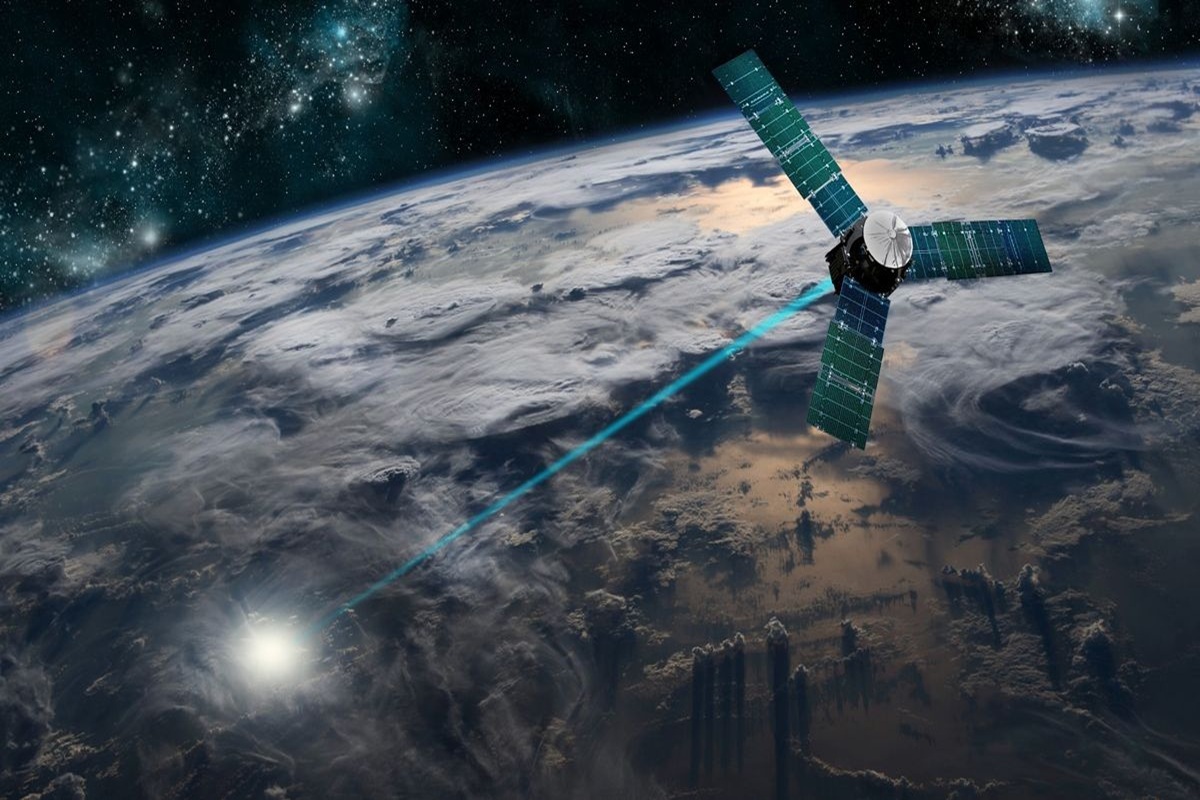
America’s Militarization of Earth’s Atmosphere
Despite China's significant advancements in space technology, it has condemned any arms race in space. Liu Pengyu, spokesperson for the Chinese Embassy in Washington, stated: "The U.S. has expanded its military power into space, formed military-space alliances, and seeks to turn space into a war zone. China urges the U.S. to stop irresponsible rhetoric and end militarization in space, inviting its officials to maintain lasting peace and security in space."
The U.S. Space Force, established in 2019 to protect American space interests, is tasked with defending U.S. satellites against attacks. The U.S. military recently brought back the unmanned X-37B spaceplane after a year in orbit following secret military and research missions.
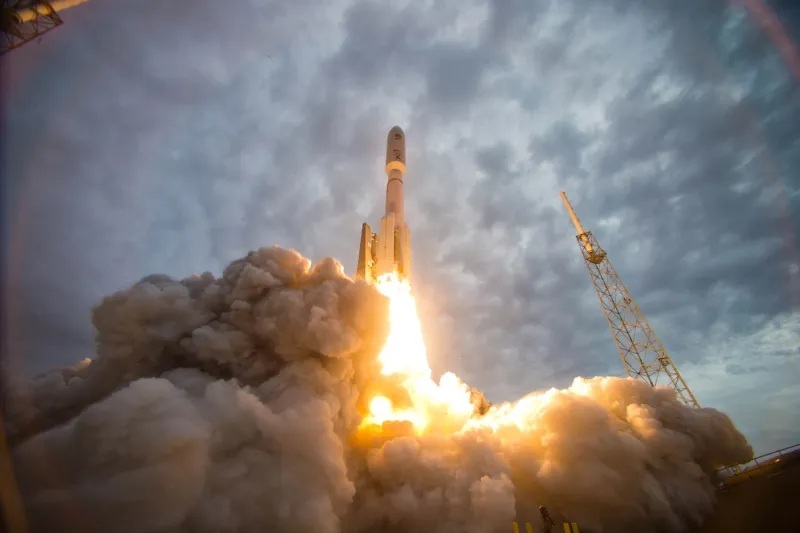
The U.S. Space Force considers space dominance a national security priority and has declared space a war zone, stating that its duty is military presence in this domain. According to U.S. officials, after the Cold War, America's dominance in space faced no challenge for decades, but now the threat from Russia and China is palpable, and the U.S. must be prepared for a decisive response if necessary.
The superpowers' efforts to deploy nuclear weapons in space have placed Earth amid the most dangerous arms race, increasing the likelihood of catastrophe in the atmosphere.
